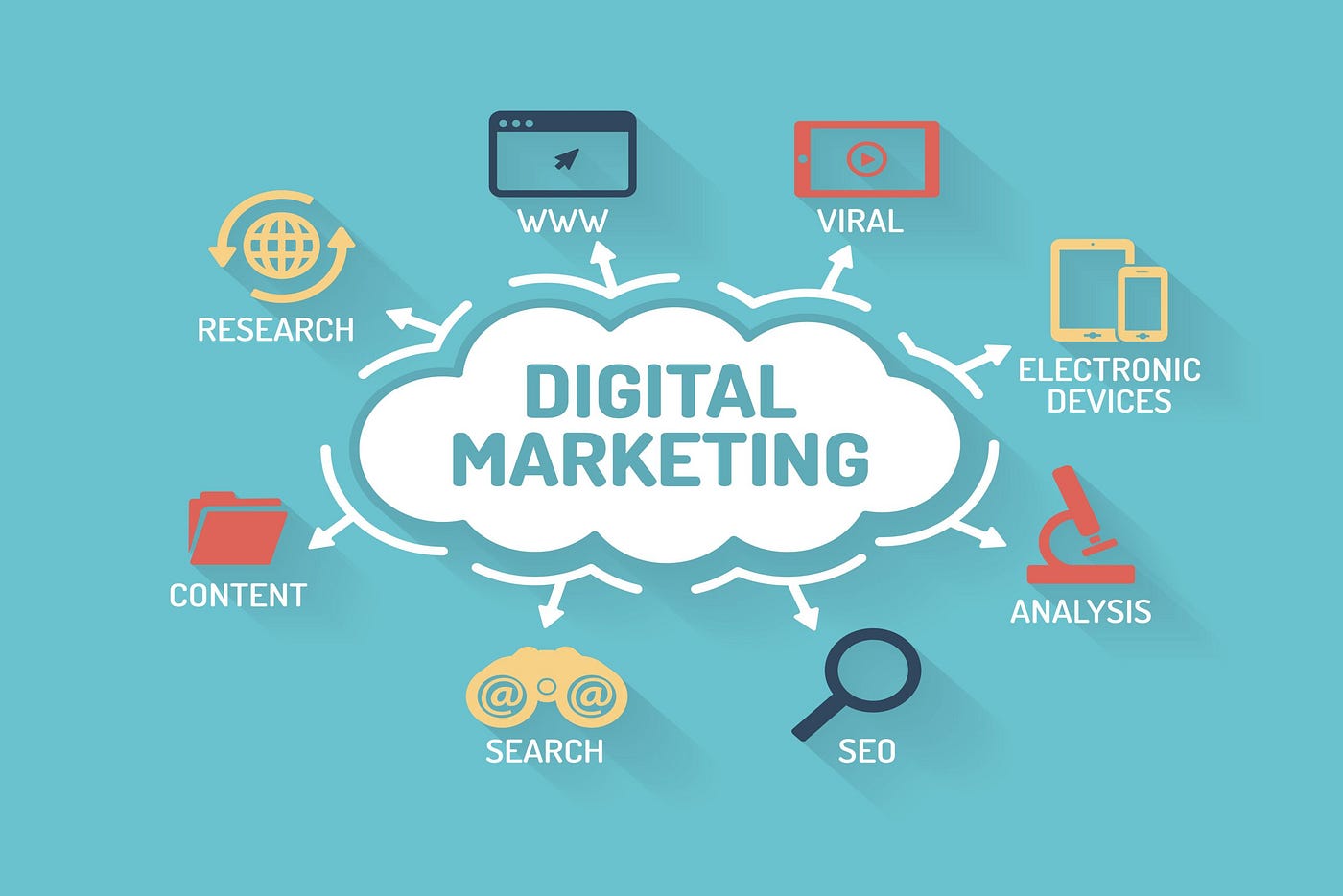In today’s fast-paced digital world, small businesses must utilise the power of digital marketing to stand out and thrive. This comprehensive guide will jump into essential digital marketing strategies that can help you build a robust online presence, attract new customers, and ultimately drive sales.
1. Understanding Digital Marketing
Digital marketing refers to a range of online strategies designed to promote products and services. Key components include:
- Search Engine Optimization (SEO): The practice of optimizing your website to rank higher in search engine results, driving organic traffic.
- Social Media Marketing: Utilizing platforms like Facebook, Instagram, and LinkedIn to connect with customers and foster brand loyalty.
- Email Marketing: Sending personalized emails to nurture leads and retain existing customers, creating a direct line of communication.
- Content Marketing: Developing valuable, relevant content that engages your audience, establishing your brand as a trusted authority in your industry.
2. Setting Clear Goals
Before jumping into digital marketing, it’s crucial to define your goals. Whether your aim is to increase website traffic, generate more leads, or boost sales, having clear objectives will guide your strategy. Use the SMART criteria (Specific, Measurable, Achievable, Relevant, Time-bound) to set your goals effectively.
3. Identifying Your Target Audience
Understanding your target audience is essential for crafting effective marketing messages. Create detailed buyer personas that represent your ideal customers, including their demographics, interests, behaviors, and pain points. This insight will help tailor your marketing strategies to resonate with your audience.
4. Building an Optimized Website
Your website is the foundation of your digital marketing efforts. It should be user-friendly, mobile-responsive, and optimized for SEO. Here are some key elements to focus on:
- Fast Loading Speed: A quick-loading website enhances user experience and positively impacts SEO rankings.
- Quality Content: Regularly publish informative and engaging content that addresses your audience’s needs and interests, positioning your brand as an industry leader.
- Clear Calls to Action (CTAs): Strategically place CTAs throughout your site to guide visitors toward desired actions, such as signing up for a newsletter, requesting a quote, or making a purchase.
5. Implementing SEO Best Practices
To enhance your online visibility and attract more organic traffic, implement these SEO best practices:
- Keyword Research: Identify relevant keywords that your audience is searching for using tools like Google Keyword Planner. Incorporate these keywords naturally into your content.
- On-Page SEO: Optimize your website’s title tags, meta descriptions, headers, and images to improve search engine rankings and user experience.
- Backlink Building: Cultivate relationships with other websites and create valuable content that encourages backlinks. Quality backlinks enhance your site’s authority and improve SEO.
6. Leveraging Social Media
Social media platforms offer powerful opportunities for small businesses to reach and engage their target audience. Develop a social media strategy that includes:
- Regular Posting: Share valuable content consistently to keep your audience engaged and informed.
- Targeted Advertising: Utilize paid social media ads to reach specific demographics and promote special offers.
- Community Engagement: Respond to comments, messages, and reviews to foster a sense of community and build trust with your audience.
7. Analyzing and Adapting Your Strategy
Regularly monitor your digital marketing performance using tools like Google Analytics and social media insights. Analyze key metrics, such as website traffic, conversion rates, and social media engagement, to understand what’s working and what needs improvement. Use this data to refine your strategies and enhance your marketing efforts continuously.
Summary
Digital marketing is essential for small businesses looking to grow and succeed in today’s competitive environment. By implementing these strategies and continuously refining your approach based on data and feedback, you can build a strong online presence that drives traffic, generates leads, and boosts sales. Start your digital marketing journey today, and watch your business thrive!

